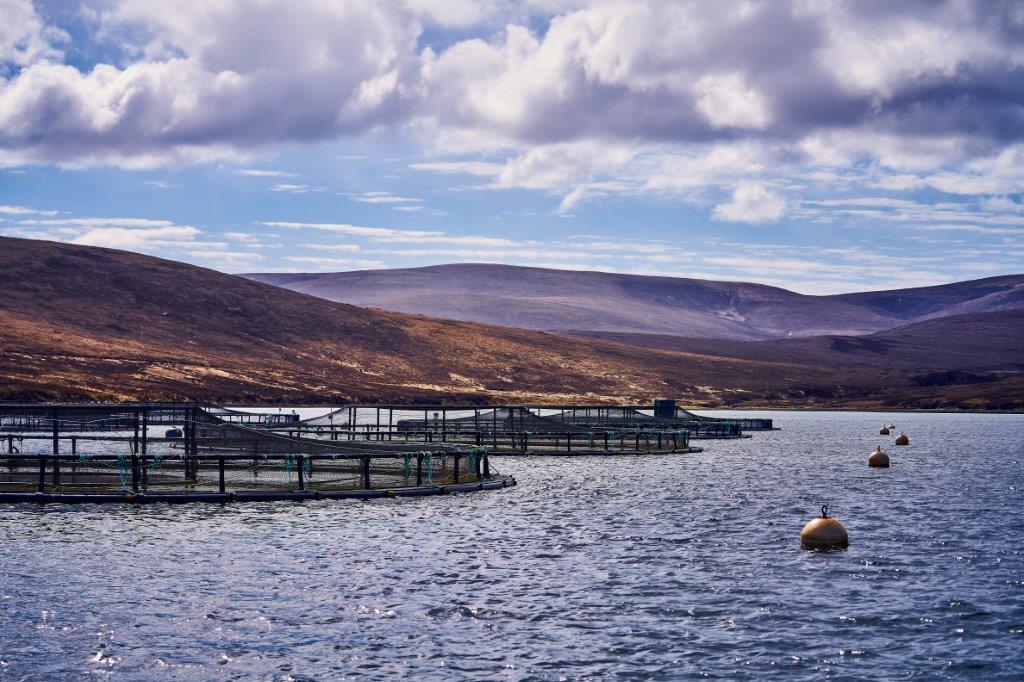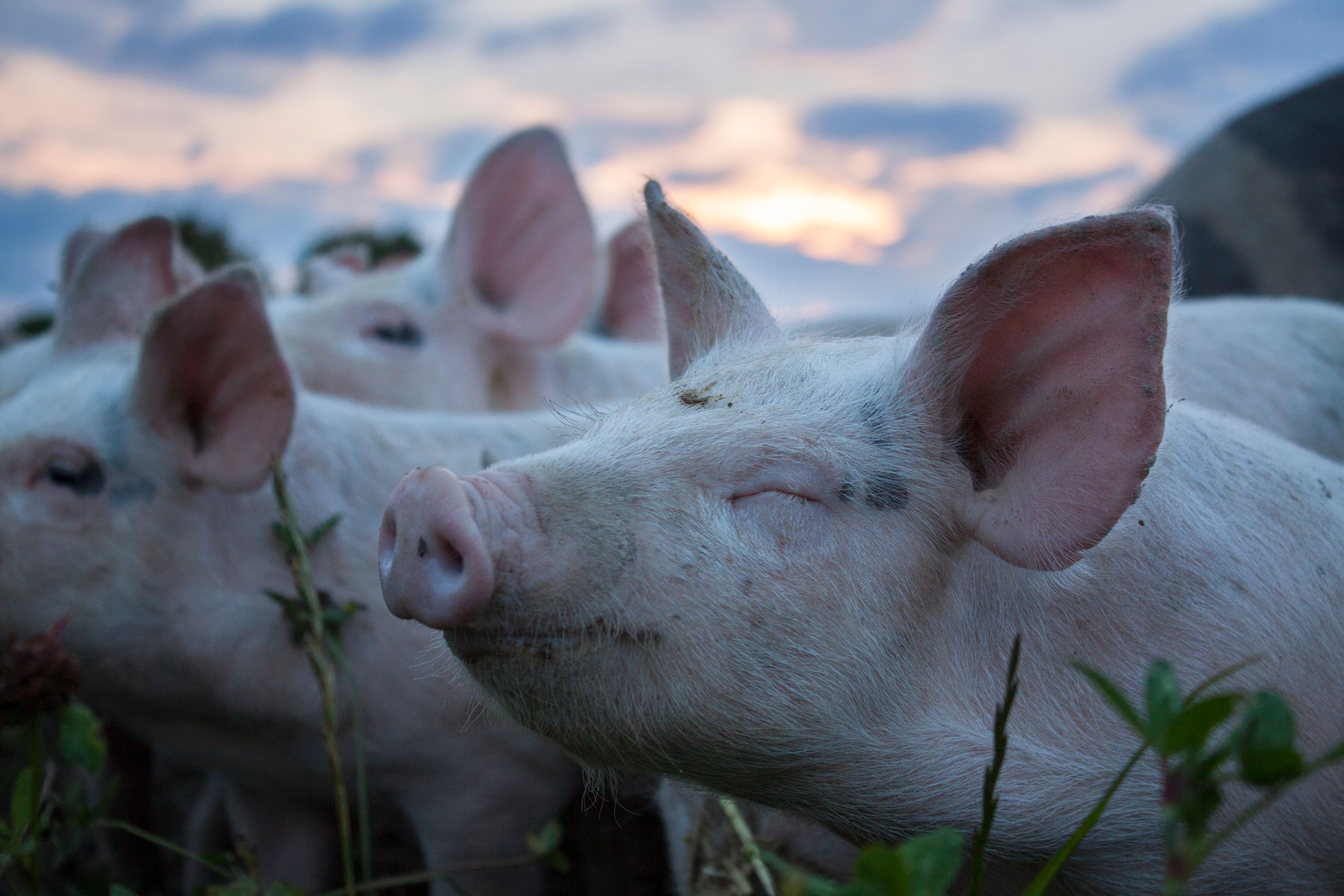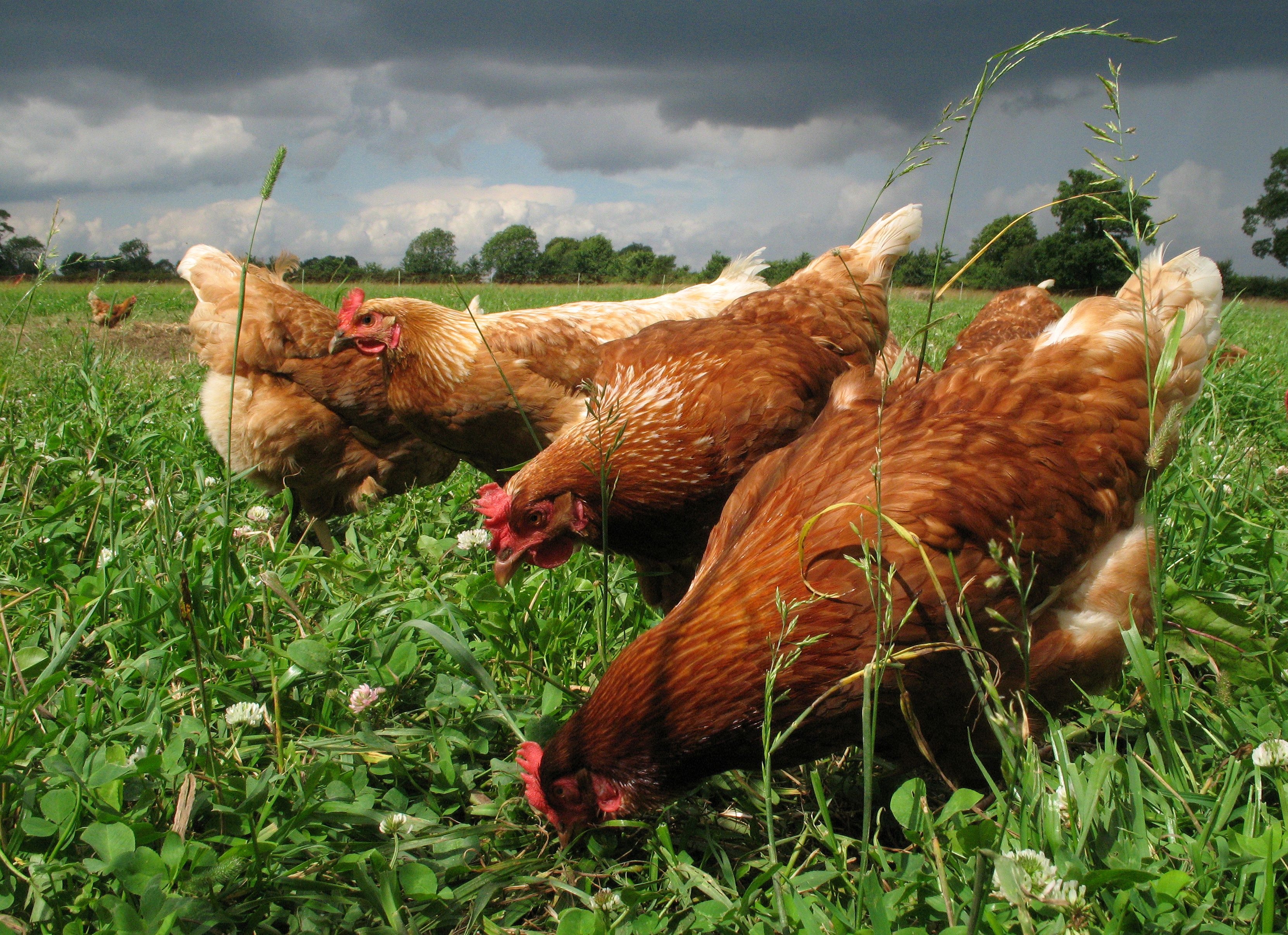- Soil Association
- Our standards
- Standards innovation: our work

Standards innovation: our work
Find out about our work around organic standards and how you can take part in consultations.
- Our current consultations and how to take part.
- How do we set standards?
- Why do we consult?
- Our ongoing work.
- Our past work.
Our current standards development work
Standards consultation: Soil Association organic farmed salmon
15 January 2026
This consultation is part of our work to improve outcomes in five key areas for organic farmed salmon – mortality, veterinary treatments, welfare, sustainable feed, and environmental impact. Some of the progress we are seeking against these priorities will come from standards-led actions, but achieving impact in the sector will require action at all levels and alongside this we are working with businesses, environmental organisations and regulators to explore opportunities.
This consultation should take between 15 and 45 minutes to complete. There is space at the end of the consultation to provide any general comments. If you have any further information you would like to provide, please contact the Soil Association standards team on standards@soilassociation.org
Standards consultation: Food and Farming inputs in Northern Ireland
9 February 2026
This consultation has now closed. We will provide an update on the outcome of the consultation and subsequent changes to our standards through our regular emails and on our website.
If you have any queries, you can contact the Standards team at standards@soilassociation.org
How do we set standards?
We don’t just make them up! Soil Association standards are set and overseen by the independent expert Standards Board.
The governance process we follow to set our standards is open, transparent and robust. We aim for our standards to be stretching and ambitious, yet achievable.
Find out more about the wider process of how we set our standards.
Why do we consult?
We run in-depth, far-reaching and targeted public consultations as part of the standard-setting process, in line with industry best practice set out by ISEAL. We want to hear feedback from the full breadth of our stakeholders. We take all feedback into account before introducing or amending our Soil Association standards.





